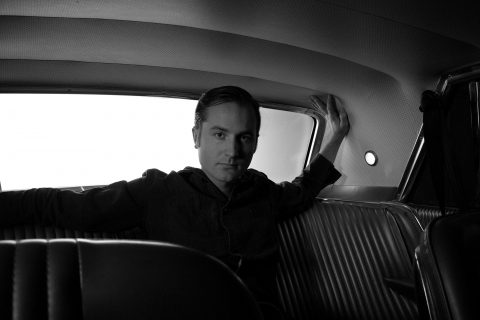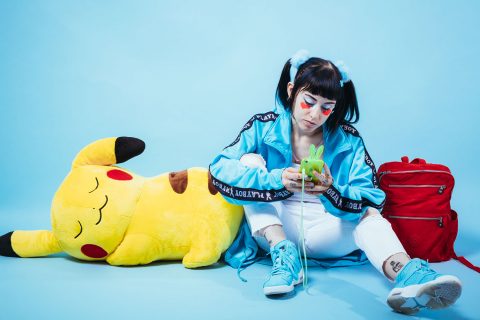Tin Man is an absolute mainstay of the techno scene.
Producing music for more than a decade, and the named master of the neo-acid genre, Vienna’s Johannes Auvinen continues to innovate and evolve with every release that comes under his name. He’s solely responsible for reinvigorating the acid scene with his manipulations of a Roland 303, creating slow and subtly shifting patterns that underpin drifting percussions. I had the absolute pleasure of having a chat to him about why he possesses such a love for acid, his inspiration for one of my favourite records, and creating narratives within his works.
Hey Johannes, what have you been up to recently?
Hi! I have been finishing up some collaboration work with John Tejada, Cassegrain, and Gunnar Haslam. And recently, I took some time off touring to relax and get back into the studio and finish some Tin Man records.
When you first began as a producer, were you immediately drawn to the 303? Or was it until you had built trust in your abilities that you drifted towards acid sounds?
I was fixed on the acid sound and the 303 from the very beginning. Early on, I imitated the rough raw sound of classic Chicago Acid, and with time I found my own niche exploring the softer and more melodic possibilities within the world of acid.
What is it about acid that makes you love it so much?
It drives dance music with many particular phenomena. It is amorphous and abstract, yet has a narrative quality that transports you. I feel like acid is always taking you someplace. It has built in movement to crescendo. Within dance music it is also great to have a modulated and funky bass, and a groove from a 303 driving a track. It just works.
For someone who has been so involved in the industry for a long time, how has it changed for you personally in that period? Has it varied a lot in terms of releasing music and playing shows? How so?
This changed a bit. Early on I only wanted to hide in the studio and get lost recording. In the last couple of years I changed my focus to playing shows and collaborating with many other artists. For me, working with others has been very rewarding, and much more fun on the weekends than hiding out.
Tell us about one of your latest records, the Acid Test with Jozef K and Winter Son. How did that collaboration come together, and what was the creative process like? Did you have a specific idea formed as you first went into the studio, or did it come together naturally?
This was one of those rare instances of a collaboration that took place via email. I knew Josef K from playing together a few times. It was very simple. They sent me some ideas they were working on and I just added some bits. We went back and forth and, voila, we had a nice soft acid record.
What kind of processes do you use to achieve this?As an avid listener of your music, I feel that you take techno (to use a broad term) and design the sound to make an incredibly expansive environment. What kind of processes do you use to achieve this?
I hate to chat with (studio) nerds about synth-related noodling, but when I am in the studio I am quite the nerd with my vintage synth collection and tons of processing gear. I do definitely regard the sound design and effects as as a major piece of the composition puzzle that should contribute to the narrative of any song.
I saw that you constructed your albums Wasteland, Sacred, and Ode as a trilogy. What is it about electronic music that you feel allows you, or inspires you, to do this?
I have always been interested in the Concept Album. In this case, I learned that the Concept Album can continue beyond one record. The story is open ended and doesn’t need a resolution. This series can continue if there are more similar themes that can connect to it. I suppose that does reflect the way in which electronic music is built to be connected, in djn mixes, and also function outside of narrative by celebrating variation in an ongoing fixed state.
You haven’t been out to Australia in a little while. What are your thoughts on playing this time around, and playing earthcore specifically?
Well, I am really looking forward to it! It will be my first Earthcore and I want to show what Tin Man is about!
What can we expect from you in the coming months?
I have got a series of solo Tin Man records to follow all my recent collaboration work.
Catch Tin Man at this year’s earthcore festival in Pyalong, Victoria alongside Slam, Julian Jeweil, Gary Beck, and more from November 24 – November 28. Tickets available via earthcore’s website, here.





Comments